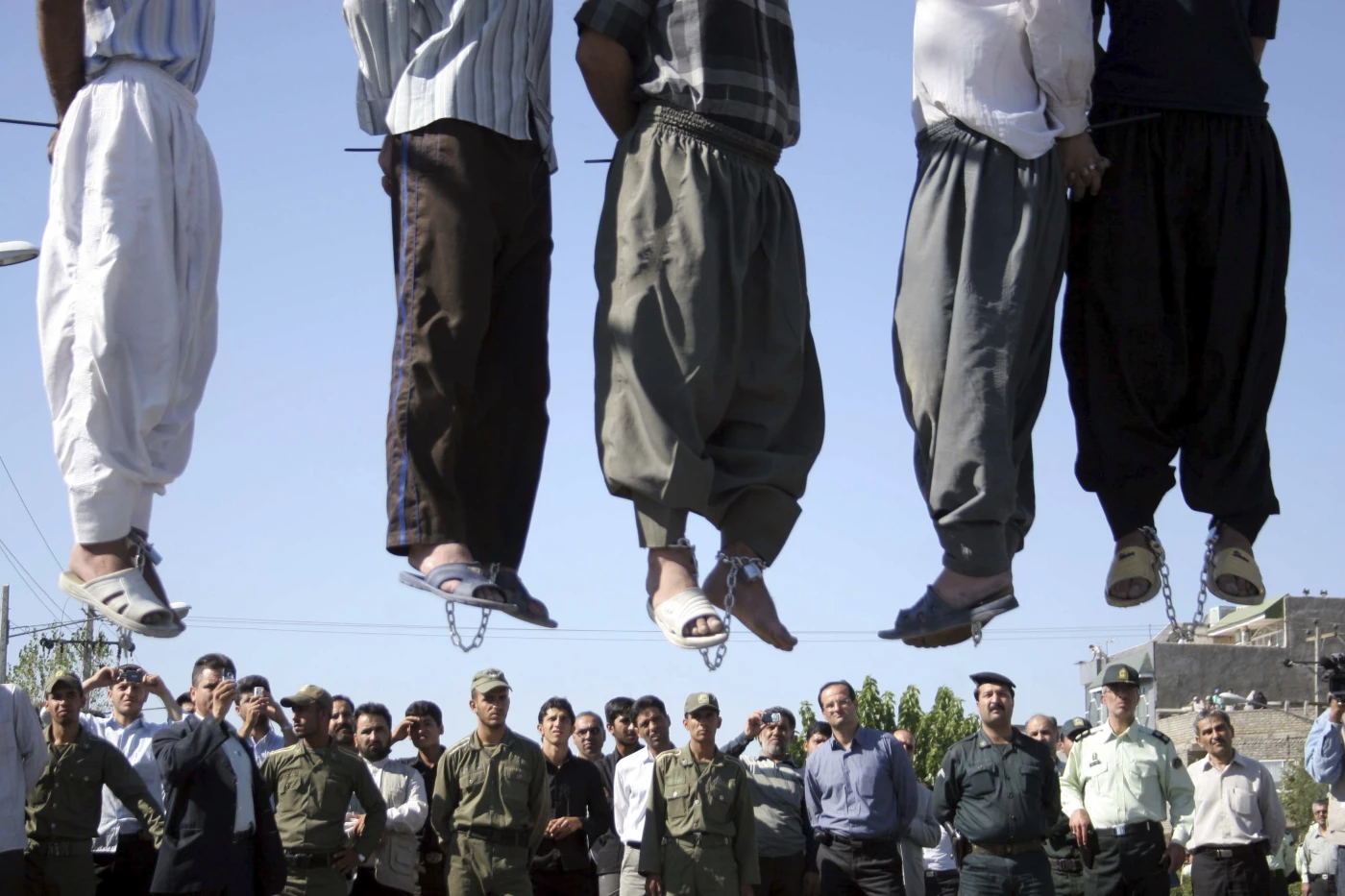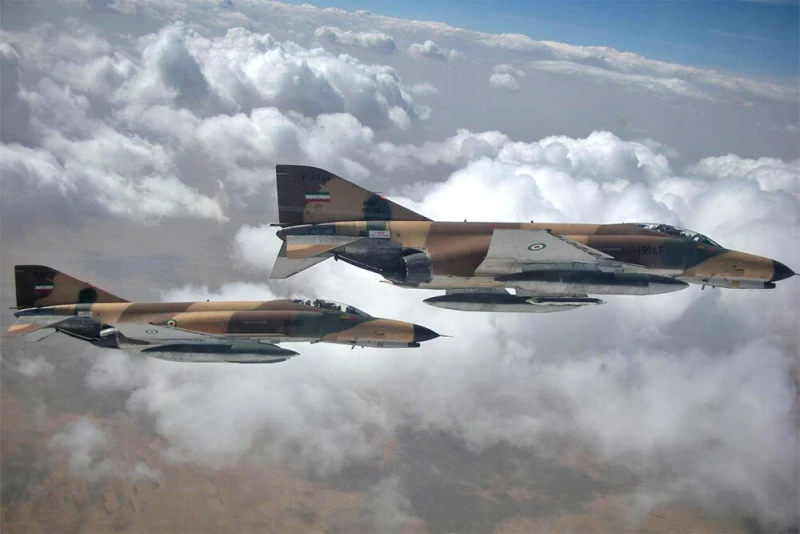ERBIL, Kurdistan Region of Iraq - Kurdish and other minority prisoners in Iran have been subjected to a rising wave of executions, especially following the recent Israel-Iran conflict, a move human rights observers say is intended to suppress dissent and intimidate populations in minority populated regions.
The death sentences of 12 prisoners, including three Kurdish men, were carried out in Ghezel Hesar and Karaj Central prisons on Wednesday, marking one of the highest number of executions in a single day.
The prisoners were executed on charges of alleged “premeditated murder” or “drug-related offenses,” according to the Oslo-based Hengaw Human Rights Organization.
“As the closer we got to October 10, World Day Against the Death Penalty, this intense wave of executions has taken place in Ghezel Hesar prisons, and there is a possibility that this number will increase, but there are no statistics available at the moment because this week a large number of prisoners were transferred to solitary confinement in Ghezel Hesar prison to carry out their death sentences,” Hengaw founder Arsalan Yarahmedi told The New Region on Saturday.
“Unfortunately, a large number of these prisoners in Qazal Hasar and Karaj are Kurds from around Kermanshah and Ilam, and these areas, and the likelihood that more Kurds will also be executed in the coming days is very high,” Yarahmedi added.
Despite making up only around 12.5 percent of Iran’s population, Kurds make up 15 percent of the total execution cases in Iran. Rights watchdogs have often criticized the executions as being politically or ideologically motivated.
The activist noted that over 1,120 people have been executed since the beginning of 2025, an unprecedented rate in the country for over 20 years.
This year, cases of public executions and amputations have also risen. Executions occur across all ethnic groups in Iran, including hundreds of Kurds and Baluchis annually.
According to data gathered by Hengaw, among this year’s executions: 147 were Kurds, 141 were Lurs, and 108 were Baluchis.
Yarahmadi said executions are disproportionately high in minority regions, where authorities fear uprisings are more likely to occur.
“What is concerning is that approximately 500 of the executions that have happened this year are from after the Iran-Israel war,” he noted.
In the wake of the Women, Life, Freedom (Jin, Jiyan, Azadi) protests in September 2022, and the 12-Day War with Israel in June, Iran has intensified the arrest and execution of individuals on charges of espionage, treason, and posing a threat to national security.
A large portion of Iran’s population is struggling to meet basic needs as international sanctions and soaring inflation drive widespread poverty across the country.
According to data from the International Monetary Fund, Iran’s inflation rate ranged between 30 and 45 in 2023-2024, while the country’s gross domestic product grew by just three percent.
“In my view, the Islamic Republic of Iran is using these executions to prevent any form of uprisings, making them a pretext to intimidate the people against taking to the streets and showing dissatisfaction,” the activist added.
Iranian authorities have executed multiple prisoners on charges of alleged espionage for Israel, with little information made public about how their trials were conducted.



 Facebook
Facebook
 LinkedIn
LinkedIn
 Telegram
Telegram
 X
X


